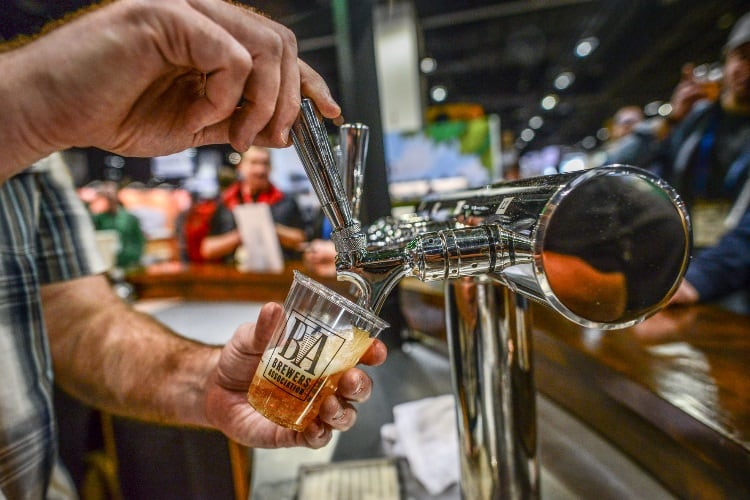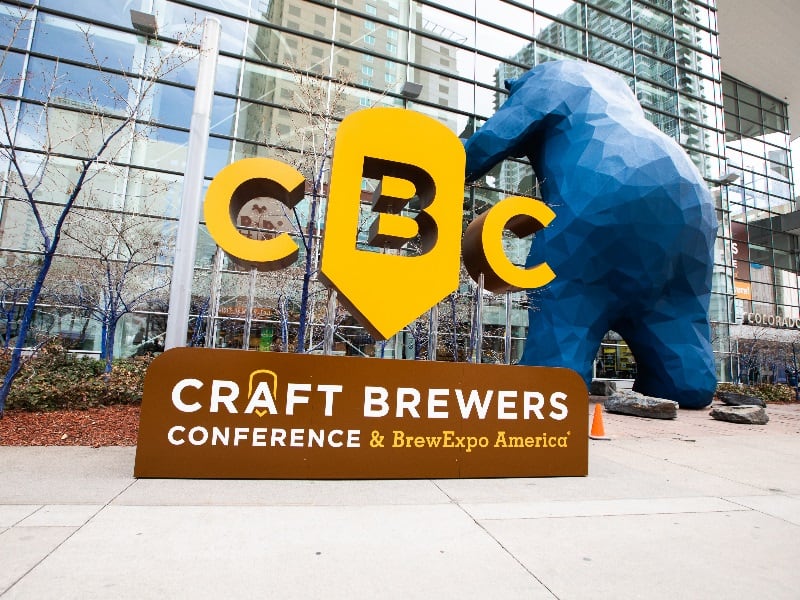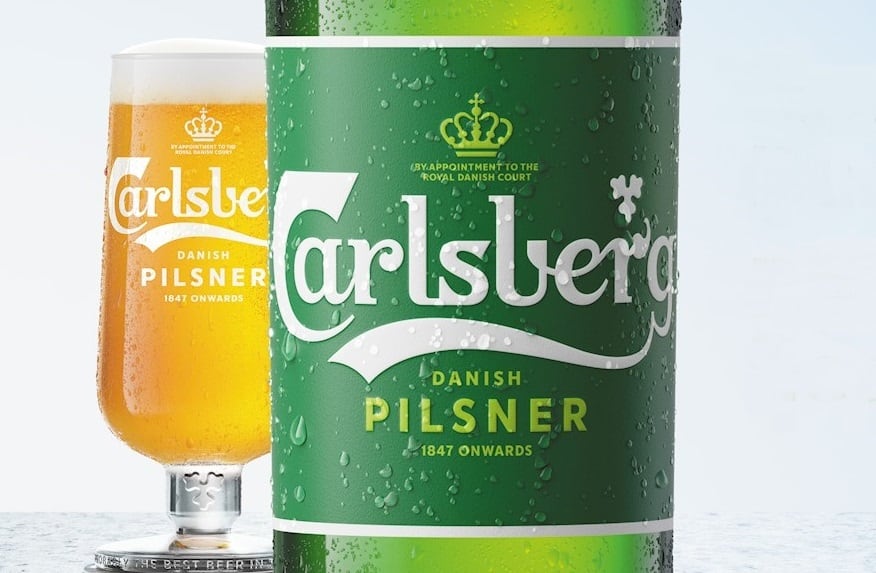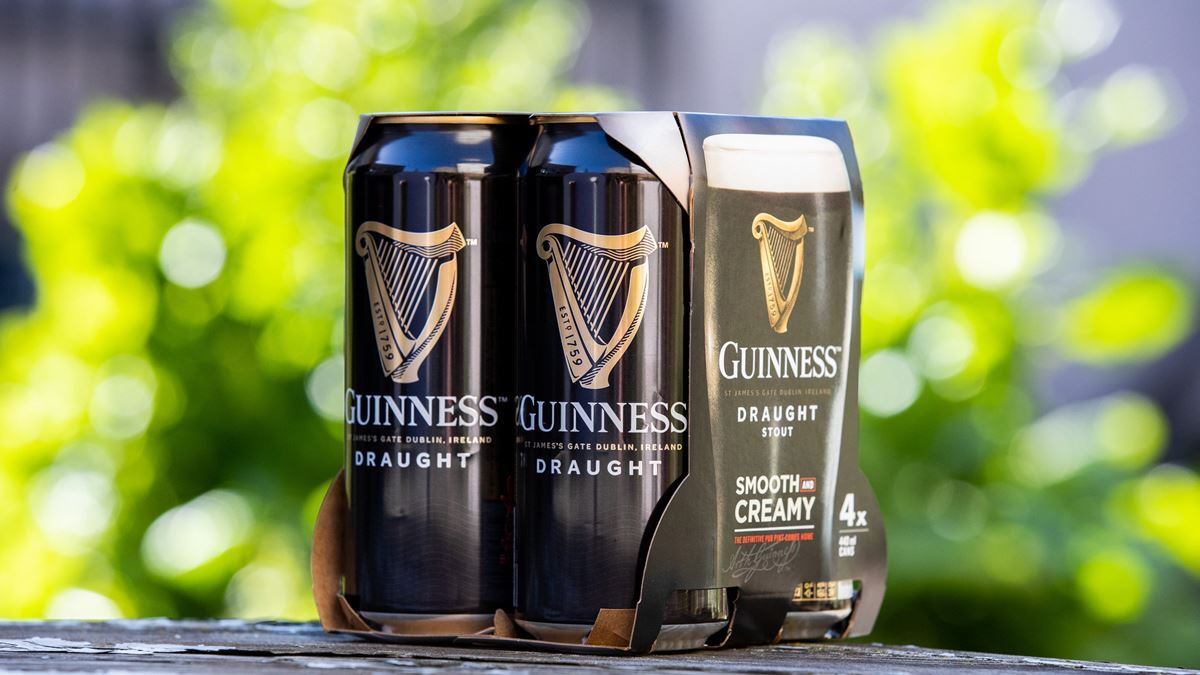Participation in sustainability performance tracking is extremely low with US breweries. The largest growing sector of craft beer is microbreweries and brewpubs, but they are likely to be the least efficient. Less than 1% of them participated in the Brewers Association's 2016 benchmarking study, although larger breweries did not do much better.
Former quality assurance manager at Great Divide Brewing Co. Erin Cox considers it ‘eye opening’ to see the lack of importance being placed on sustainability at breweries of all sizes.
“A lot of people have big talk, but they won’t walk the walk at the end of the day,” she said at the Craft Brewers Conference (CBC) in Denver this month.
The BA - the US trade body for craft brewers - has leveraged an online tool for the last few years that encourages craft brewers to track and report their environmental metrics and find ways to improve. It offers guidance on energy waste from light, water, heat and air. The BA then analyzes the data and publishes Sustainability Benchmarking reports that illustrate industry averages based on production size.
Basic brewery sustainability practices extend beyond beer production and into product packaging, with poor numbers reflecting compost and recycling streams among craft brewers. Innovations in packaging materials have not always been made with the environment in mind.
Track usage, let data drive decisions
Environmental consultant Kaitlyn Urso described the three pillars of sustainability for companies like breweries to follow as social, environmental and economic, or people, planet and profit.
“The big picture is we’re in pursuit of producing the best beer that also increases profit margins, reduces our environmental impact and creates community values,” she said, speaking at CBC.
Some ways that breweries can improve their impact on air quality include using high efficiency burners on boilers. Urso said this ensures more complete fuel combustion, and in turn has less air emissions associated with those combustion activities. And having dust collection devices for grain handling can cut down on dust pollution.
It’s also important to minimize product spillage and loss on the packaging line as much as possible. It is good for the brewery’s bottom line, but also good for air quality because as alcohol and ethanol evaporate, they can contribute to ozone formation.
Urso believes breweries should step back when considering their sustainability plans and acknowledge that “most of the energy supplied to us is still generated through the combustion of natural resources, and that has air impacts.”
For all brewers, Urso and Cox advise tracking usage and letting data drive decisions. Having a formal leak detection program is important for air and water; installing light motion sensors in low traffic areas is inexpensive with a good energy payoff; and equipment schedules should be staggered to avoid peak demand times, avoided by not turning on and running all brewery equipment at the same time.
Adapting to a transparent supply chain
Ann Obenchain, marketing director for the BA, said the organization considers one of its primary goals with the annual CBC is to keep it as green as possible, leading with sustainable packaging, compost bins and recycling initiatives.
“It’s ingrained in us, and our ethos is so important to us, so we try to bring that with us. I think we also teach cities when we get to different places a little bit more about how to run a greener event,” Obenchain told BeverageDaily.
And as more consumers take an interest in transparent supply chains and environmentally friendly materials, Obenchain sees the beer industry adapting. More small craft brewers are looking into green improvements, but need guidance.
For example, aluminum cans are recyclable but their external labeling often is not. When consumers aren’t made aware, the cans end up in landfills. But if brewers put disclaimers on-can and use removable sleeves, this can be avoided.
“Beer lovers are drinking more canned beer and putting more aluminum into the recycle stream, and some of those packaging sleeves are not recyclable. The recycling centers are rejecting the cans,” she said.
“It’s something we’re working toward educating them on, because the shrink sleeves are a great opportunity for small brewers. It’s much more affordable in doing small batches.”




